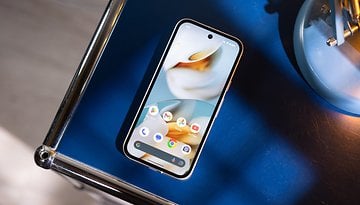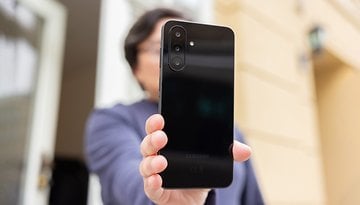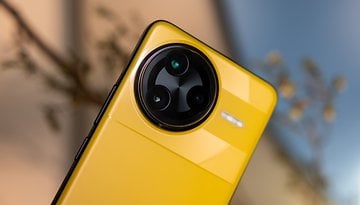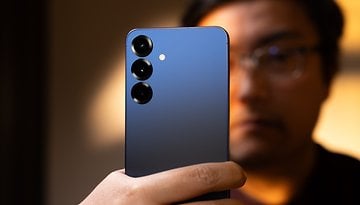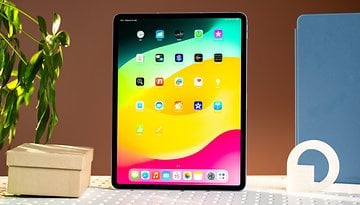Oppo A16s as a daily driver: Is this $175 phone worth it?
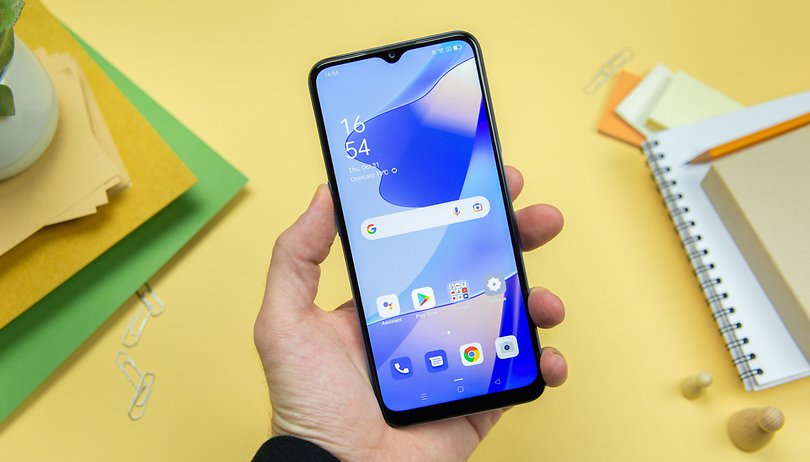

How much does the smartphone you use to read this article cost you? According to Statista, the average price of a smartphone in the US hovered around the $550 mark in 2021. How well does a $175 smartphone perform in everyday life? Let us find out the answer to this question today with the Oppo A16s. In order to obtain a more accurate result, I used this relatively affordable smartphone as my daily driver.
A few weeks ago, I bought the Pixel 6 for my own use! The new Google flagship is blazing fast, offers a generous battery life, an insanely good camera, and cost me (excluding the Bose headphones) a cool $600. That places me slightly above the average smartphone price for those in the US as per the Statista report. At the same time, I would also like to share with you where I'm coming from in terms of smartphones.
As a daily driver or the primary smartphone that I use in everyday life, I switched over to the Oppo A16s for a few days. We have already reviewed the A16s at NextPit using the normal evaluation criteria. However, I would like to describe in greater detail below how everyday life with the smartphone turned out. Hence, it is more of an experience report than a review. I have selected five scenarios to achieve my goal.
- Setup and switching
- How smooth does the A16s run?
- Photos and multimedia capability
- Telephony and battery life
- What next?
- Conclusion
Mentally, I try to step into the shoes of the buyer. Bearing that in mind, I'm going to pretend that I bought the A16s on the Internet and unboxed it at my house a few days later. For the sake of transparency, there is one more thing to take note of: This review of my experience was written as part of a partnership with Oppo. However, that has no bearing on my personal experience or honesty.
Setup and switching
So there it is, my new smartphone! *wink* Oppo presented it to me in a sleek cardboard box, offering a solid "unboxing experience" despite the relatively low cost. Included with the smartphone is a charger and also the SIM card tool that I need to get started. Fortunately, Oppo also threw in a phone case right from the very beginning. This means I don't even need to wait for a few more days to use it as it can be pretty challenging tracking down a protective case for this model.
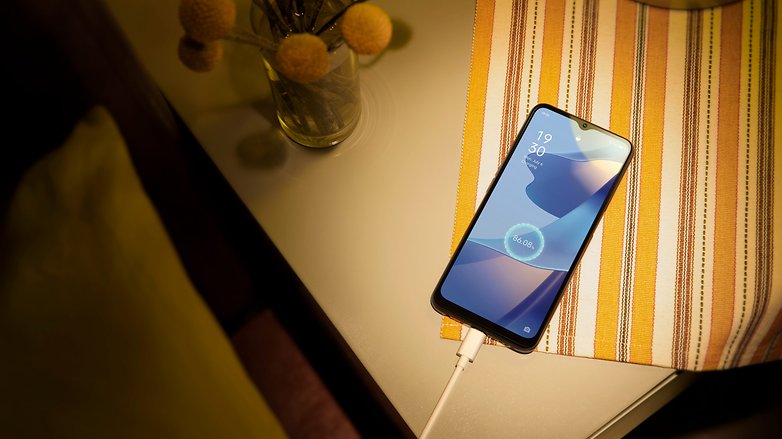
I have already experienced Oppo's ColorOS. First of all, the setup required me to set the language, before searching for the WLAN, and last but not least, I'm supposed to transfer my data over. Oppo's data import is best performed via a connecting cable because that's the fastest method. Copying does take a while, but once it is completed, all the relevant data and my favorite apps are on the smartphone. The entire process worked seamlessly, but you might want to tread carefully here as the Oppo A16s only sports 64 GB of internal memory. Thankfuly, there is a microSD memory card slot for expansion purposes.
Was there anything that bothered me about the manufacturer-provided version of the A16s? Bloatware, for starters, in addition to numerous app suggestions from the mobile service provider. While you do not have to install the suggested apps, the included bloatware is irritating but a necessary evil to possibly reduce the overall cost of the smartphone. I suppose that is a decent compromise.
How smoothly does the A16s run?
My experience turned sour after switching from the Pixel 6 to the A16s when it came to the operating speed. Android 11 is not smooth by any means, and even in the first few hours after unboxing, I feel a lot of dropped frames when scrolling. Apps that launched promisingly with smooth animations that still took a few seconds to load after that. This is even after turning off animations in the developer settings - the smartphone simply feels sluggish.
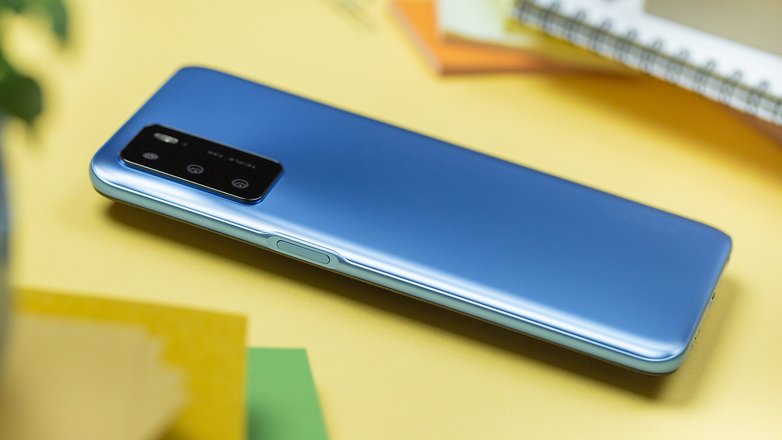
Here, we run into a primary "feature" of spending less than $300 to $400 on a smartphone. Even without demanding apps and without much memory clutter, the performance level is not really that satisfactory. However, there are many people who do not mind living with such performance, as long as current apps are able to run on the device. Perhaps I should not complain too much after getting spoiled by a flagship experience.
There is PUBG Mobile pre-installed, among other things, on the Oppo's A16s. The mobile game look graphically impressive on flagship devices, but fares far worse on the A16s. However, turning down the graphical options allows the game to run decently, and I could definitely enjoy some PUBG Mobile moments. Since the A16s tried its best to deliver an optimal performance, there should be no complaints from me.
Photos and multimedia
There are people who watch movies, TV series, and YouTube clips exclusively on their smartphone! I am therefore an advocate of solid speakers and displays in smartphones. In addition, according to my smartphone bible, there should also be no compromises in the vibration motor used. And on all three aspects, the A16s disappointed my pampered eyes!
The mono speaker is loud enough in terms of volume, but the quality is not particularly good. As with many smartphones with just one speaker, you tend to cover the speaker with your hand when holding it horizontally. The vibration motor is also spongy and imprecise. When typing quickly with feedback enabled, the individual finger taps end up as a continuous, annoying vibration.
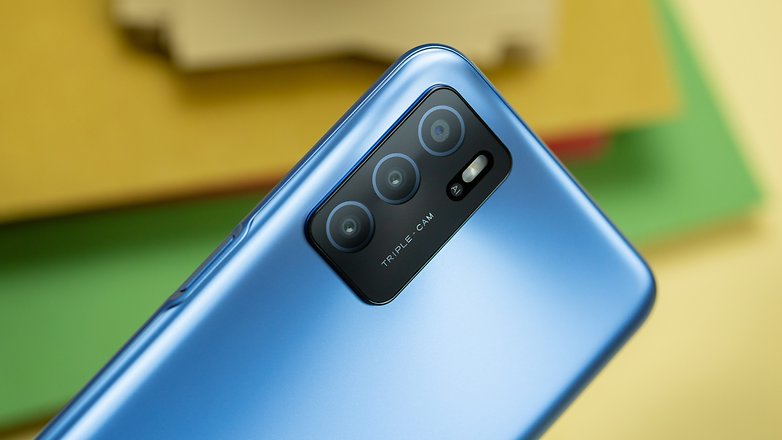
As for the display, Oppo relies on an LCD display with a teardrop notch that houses the selfie camera. You are greeted by a resolution count of 720 x 1,600 pixels alongside a refresh rate of 60 Hertz. Overall, this is more of a functional display than one with perfect color reproduction and razor-sharp capability. The sharpness is particularly disappointing in everyday use, but the brightness and color fidelity are still convincing for an LCD screen. The A16s performed rather well when it comes to YouTube and Netflix. For everyday use, the display often dazzled me, which is a compliment for such an inexpensive phone.

The camera quality is one drawback that bothered me most in everyday life. As a hobbyist photographer, I snap quite a lot of pictures with my smartphone and that's where the Pixel 6 comes in handy. The A16s offers a triple camera on the back, which captured rather good photos during the day in Stefan's review from November. In gray December, however, there is a drop in quality.
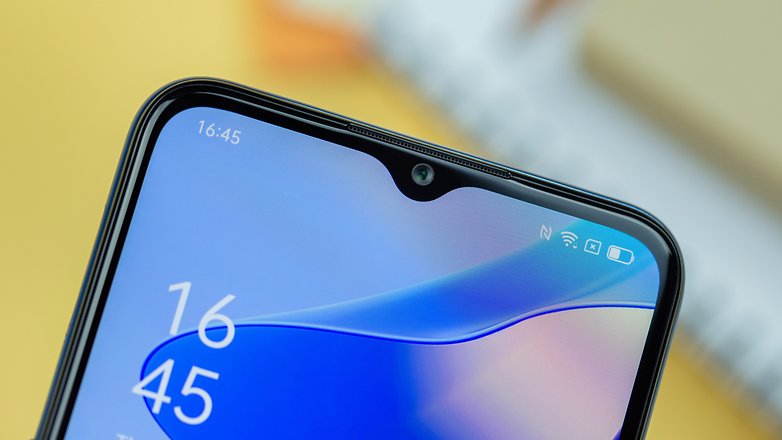
The remaining cameras: a depth camera and a macro camera do not really give you much in the way of creative photography. An ultra-wide angle camera or a telephoto lens would be a better option here. But what bothered me the most is, the A16s isn't even suitable for quick, impromptu shots. Taking a shot out the window of the freshly fallen snow in Berlin only resulted in mud and blur. Personally, I would not use the smartphone's camera for everyday use.

Telephony and battery life
In many reviews, what a smartphone should actually do best tends to come up short: Making calls. The call quality with the Oppo A16s was fine in everyday use. However, both the other party and myself sounded rather hollow. Here, other smartphones do offer better call quality. As a temporary solution, I relied on my OnePlus Buds Pro, which were very easy to connect to the device thanks to Oppo Fusion.
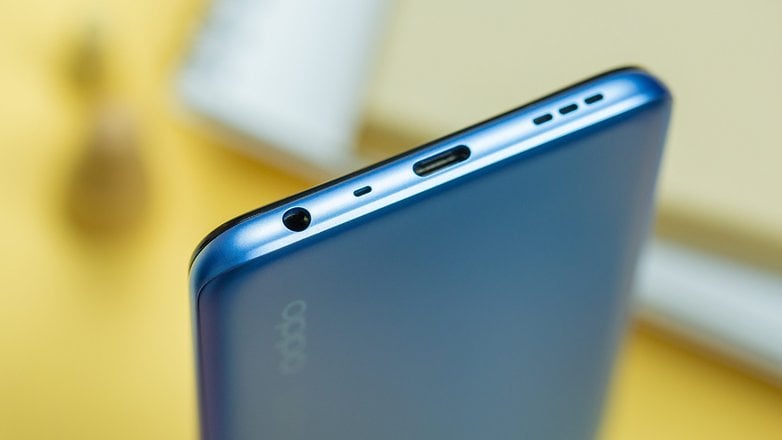
I have warm words for the smartphone's battery. The 5,000 mAh capacity was easily enough for two days' worth of battery life, thanks to its power-saving components within. However, I am so used to my Pixel 6 that can be charged at a significantly faster rate. Unfortunately, the A16s only offers slow charging speeds at 10 watts, and don't you even dare to dream about having wireless charging compatibility.
What next?
Over the last few years, I've increasingly looked to the future when making my own purchasing decisions. On the one hand, after years of studying and volunteering, it's no longer primarily about a low price, as it also includes a more responsible consumer mindset of sustainable living. And it's this aspect that falls short with the A16s. While you can get a whopping 6 years of updates on Android smartphones like the Fairphone 4, Oppo promised only two Android updates for the affordable A series. Security patches are supposed to roll out within a similar timeframe as well. To make matters worse, they only arrive once every three months.
That's understandable, since the margins on the Oppo A16s would no doubt be lower than on the higher end Find X series with three promised major Android updates. It's still a shame, really, especially since my crystal ball has shown me how its hardware might be a stumbling block.
The Oppo A16s' hardware is nothing much to shout about right out of the box. If over the years, thousands of WhatsApp pictures and hundreds of apps are added, the smartphone will slow down further. I doubt that you will still be satisfied with the A16s in one or two years' time. The motto is: If you buy cheap, you can buy twice, but that's not a big deal if there's no other way.
Conclusion: How good is the A16s as a daily driver?
After using it everyday, I'm a little torn. After all, there are aspects of the Oppo A16s like the display and battery life that really won me over during my long-term review. However, the smartphone fails when it comes to poor camera quality, multimedia performance, and sustainability. The design, which Stefan discussed in greater detail in his review, is timeless, but Oppo failed to take advantage of utilizing high-quality materials.
I usually recommend spending a bit more money, especially with a view of the next two to three years. First of all, this offers you a greater degree of enjoyment when unboxing with fewer things to worry about in the months of ownership to come. It also helps you save the environment due to fewer delivery routes and eliminating unwanted electronic waste. But I also know that not everyone can afford a Pixel 6 for $599.
That's exactly what makes the A16s a really good deal. With this handset, you can basically enjoy all the features you'd expect from a smartphone in 2021, but you just need to be a bit more patient and have lowered expectations.
Source: Statista






